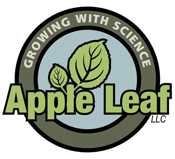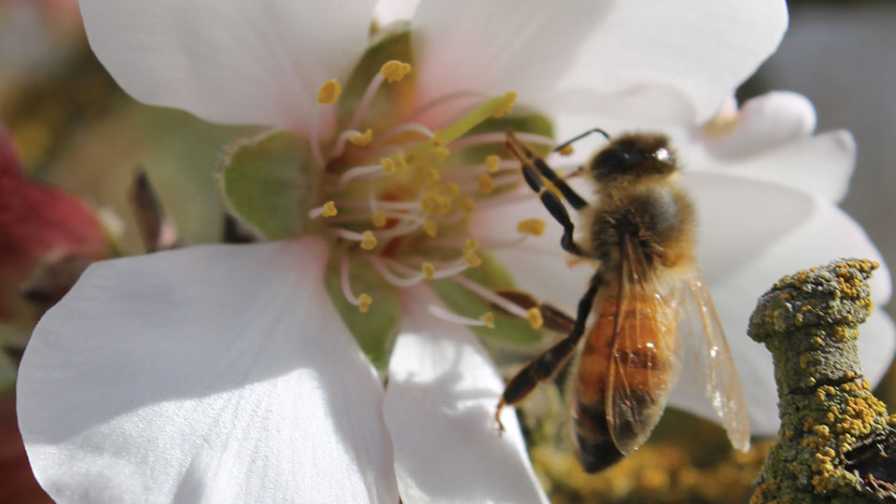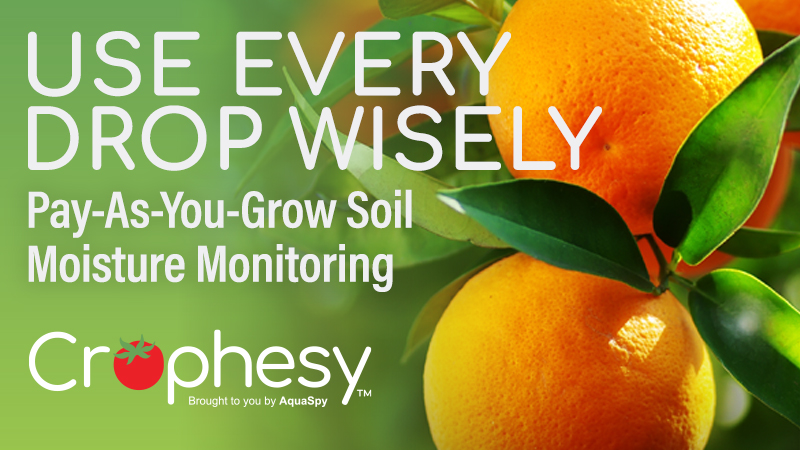Agency Provides Food Safety Help

Growers’ responsibilities have evolved from planting, harvesting, and marketing and selling crops to all of that plus managing broad issues like food safety, sustainability, traceability, you name it. With a strong likelihood that Congress will pass legislation that will affect food safety at all levels of the supply chain this year, the heat is on for growers to develop and adopt their own food safety protocol, the sooner the better.
Apple Leaf LLC, an independent firm providing agricultural consulting and services to farmers nationwide, is offering its food safety expertise and help to fruit and vegetable growers who need it. The company was established in 2004 as an IPM service provider for apple growers in New York’s Hudson Valley. In 2007, a leafy greens grower operation approached Apple Leaf to help it develop and implement a successful food safety program. Since then, the firm has gained grower clients across a broad commodity of groups, and is located in New York, California, Florida, and Washington.
“We were provided a niche in the marketplace and we filled it,” says Mike Biltonen, Apple Leaf’s chief director of operations. “At the core of everything, Apple Leaf wants to help growers succeed. This was just another step in the process.”
“We understand the standards from an auditor’s and certification body’s standpoint. Because of all of this, we have complete skill sets to help growers, packers, and processors to develop and implement almost any type of program for managing food safety hazards — biological, physical, and chemical — and risks that occur on the farm, in the packinghouse, or on a transport ship bringing product halfway around the world.”
But Apple Leaf’s greatest asset, Biltonen says, is its ability to “cut through the muck” to develop a successful Food Safety Management System (FSMS) and then communicate what is needed at the executive/ownership and operations levels to actually run the program.
Invest In Savings
Why hire a company like Apple Leaf? Food safety is still somewhat new territory for the fresh produce industry, despite all of the media and legislation out there, Biltonen says. Because food safety protocols have yet to be harmonized, because there is still no domestic food safety legislation on the books, and because export markets are ahead of the U.S. fresh produce industry and getting stronger, it would require a huge investment for growers to hire or train staff to navigate food safety. That’s where Apple Leaf comes in — it’s already in the thick of the food safety issue and the changes taking place, Biltonen says.
“We make sense of what’s going on in the world and boil it down into understandable and implementable practices,” he says. “Once we’ve developed the FSMS (protocol), we meet with your core food safety team a few times a year so they understand how to properly implement the FSMS and prepare a company for an audit. Then we’re available on an as needed basis and again at the audit to help with any questions or concerns that may arise. At the end of the year, an owner has spent a fraction of what it would cost to gain and then maintain the expertise required to do what Apple Leaf is already doing. Then they can put the savings of time and money to a different use.”
How quickly a grower can have a customized food safety protocol ready to go depends on the complexity of the operation and the standard chosen; however, from the initial interview process through developing the food safety protocol and management and employee trainings, Biltonen says a grower can typically expect the process to take four to six weeks, or less. A grower with 50 acres of apples and no packinghouse is much simpler than a diverse operation comprising hundreds or thousands of acres with packing, processing, and shipping operations, he says; but Apple Leaf can also develop the FSMS for packinghouses or distributors that work with outside growers.
“We can prepare a food safety program not only for the core business (the shed) but also the growers they work with,” Biltonen says. “This spreads out the development and implementation costs, making it cheaper for everyone, yet in the process ensures everyone is certified and the shed, especially if they are export-oriented, is covered and protected. This is especially important for high risk crops like leafy greens.”










